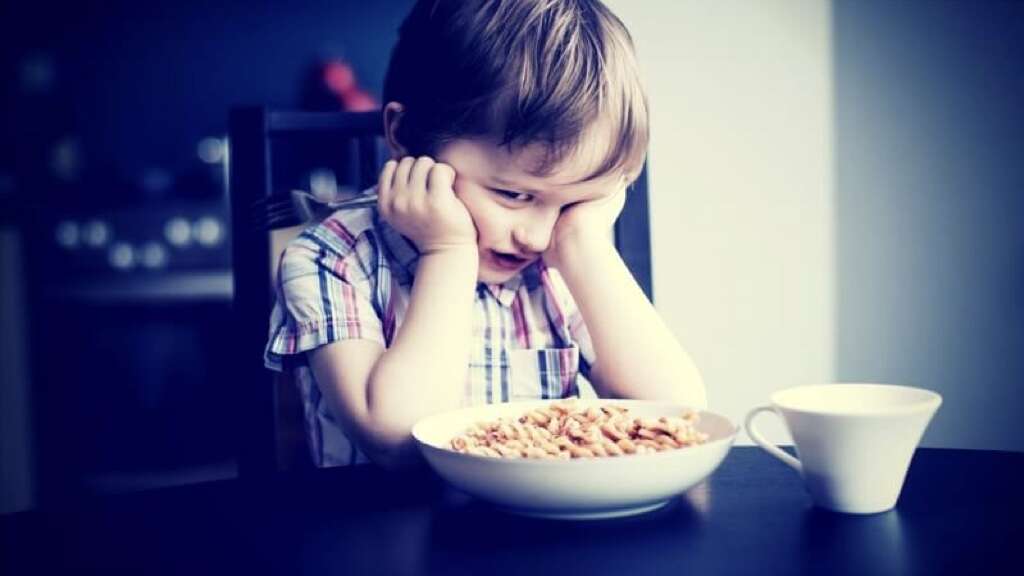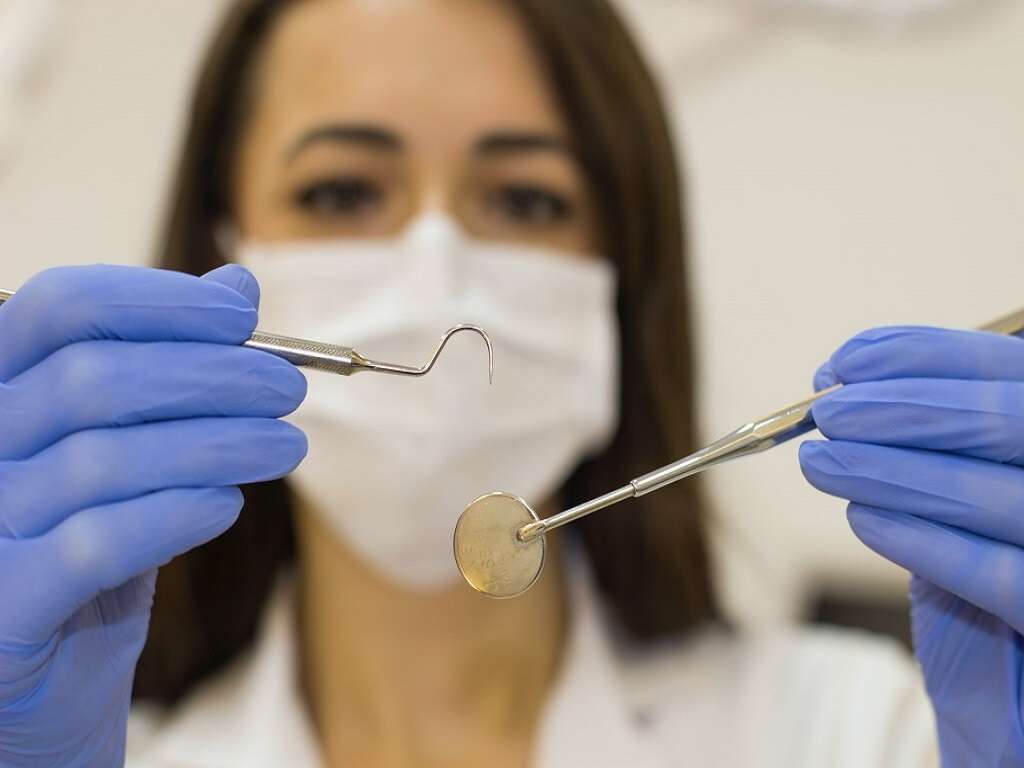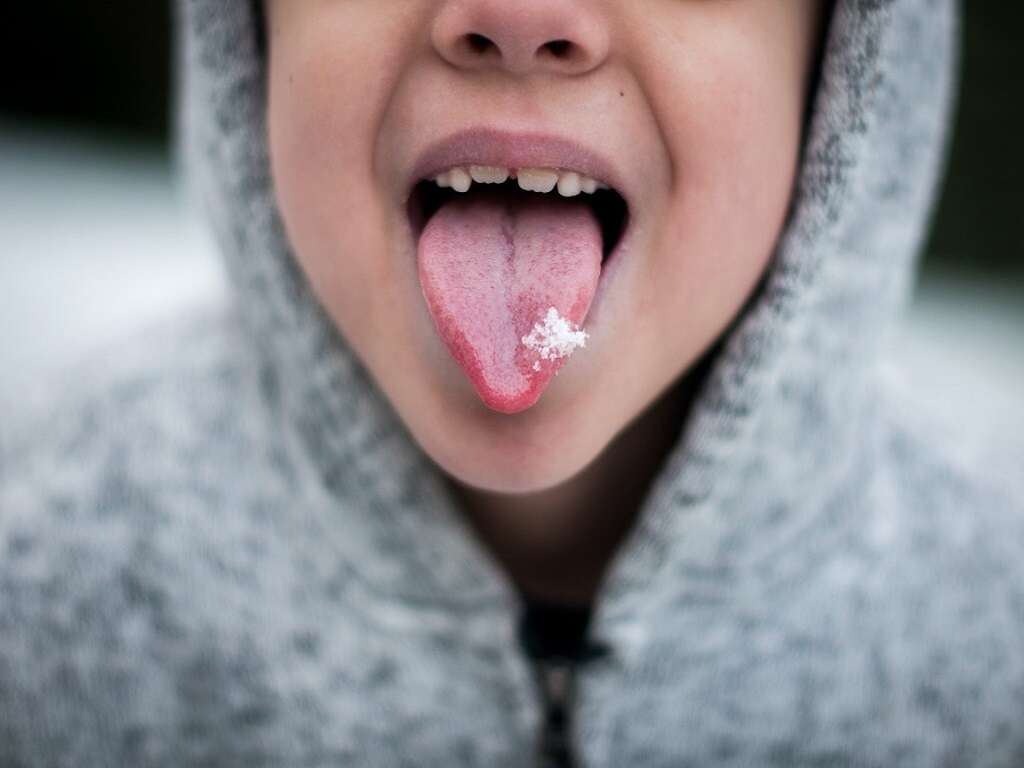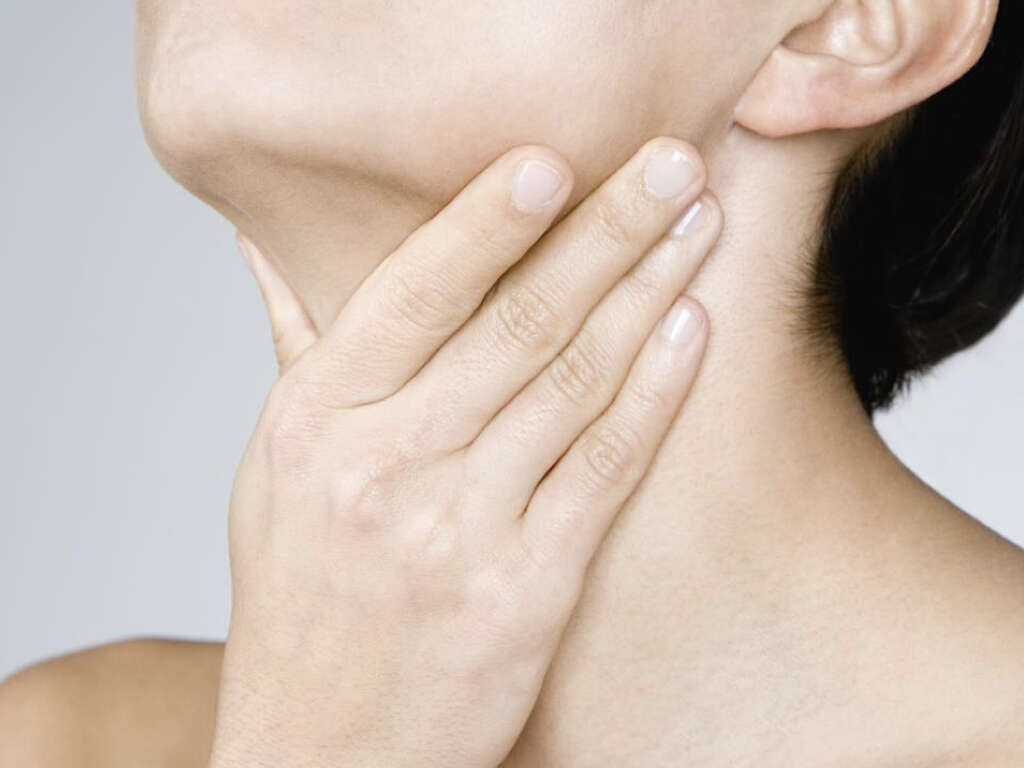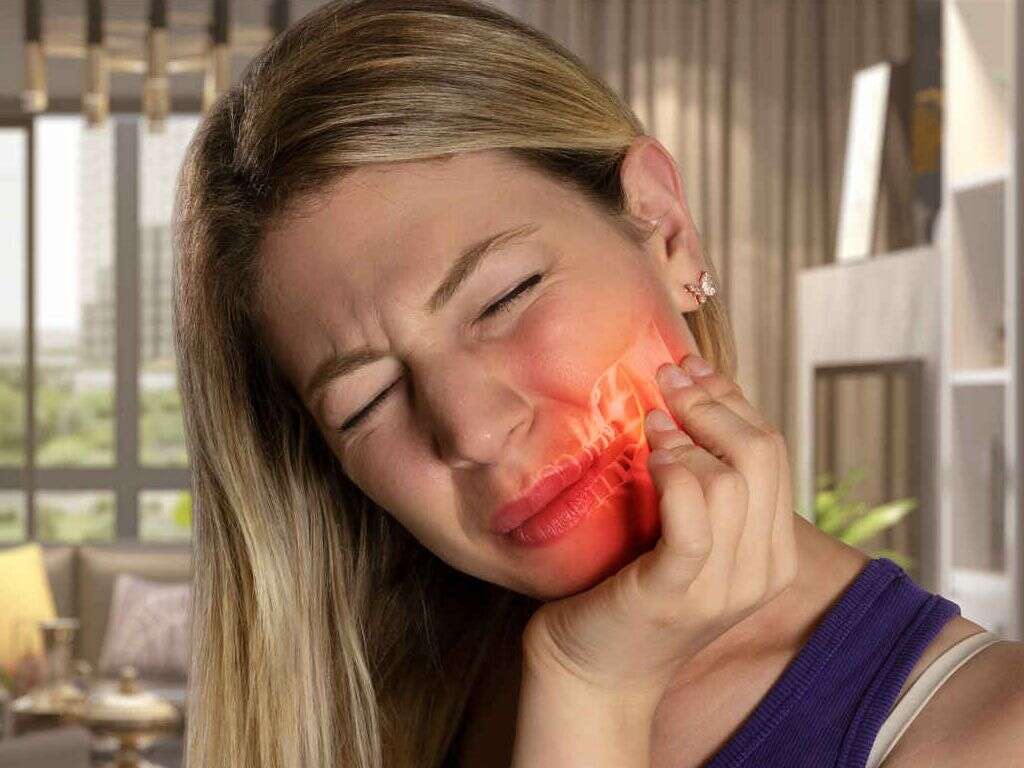10 Dislocated Jaw Symptoms
Symptom #4: Inability to Chew Food
Because a dislocated jaw means the joints are not connected as they should be, it can be very difficult to chew. The masseter is the muscle that is used to close the mouth when chewing and exerts great pressure when you bite. The internal medial pterygoid lifts the lower jaw and closes the mouth while the external lateral pterygoid allows for opening of the mouth and helps to move the jaw from side to side and forward. These are affected when the jaw is dislocated.
If this happens, it is recommended that you see a doctor or dentist to get the necessary treatment. While waiting to see a doctor, food like soup and yoghurt can be consumed if it is painful or impossible to chew.
Advertisement
